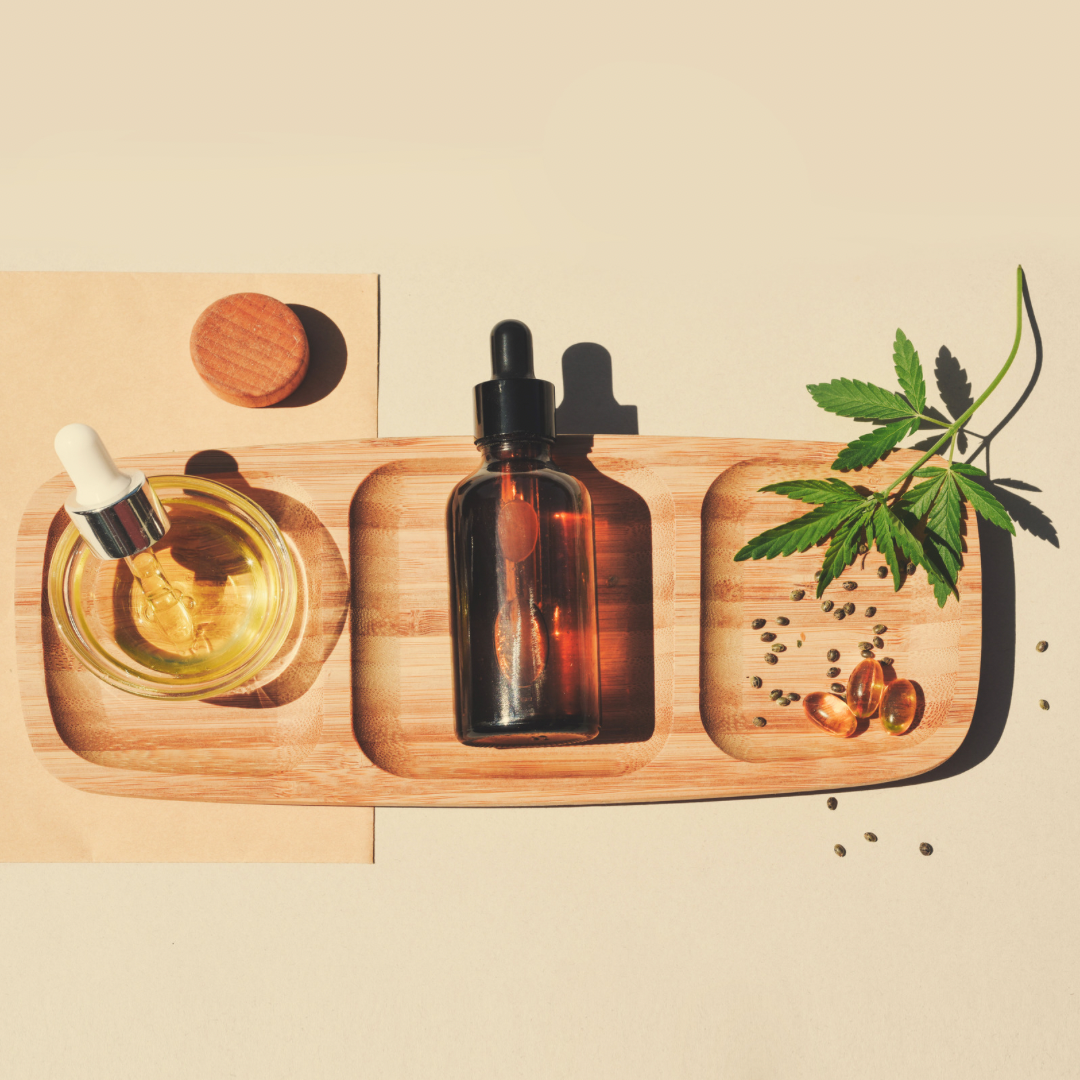
Getting Blunt: CBD vs. THC
Share
We've all seen the different benefits on adding CBD and THC edibles into our routine for various reasonings. Whether that is pain, anxiety, relaxation, etc. you've either thought about it or have chosen to try it out. But before you take that chance we want to break down the starting facts of what each compound helps aid so you can begin to know what may work best for you in your journey to discovery.
What are CBD and THC?
CBD and THC are two of the most well-known compounds found in cannabis plants. CBD, short for cannabidiol, is a non-psychoactive compound that is known for its potential therapeutic benefits. THC, short for tetrahydrocannabinol (say that 3 times), is the psychoactive compound responsible for the "high" associated with marijuana use.
Are CBD and THC legal?
The legal status of CBD and THC varies depending on where you live. In many parts of the world, CBD derived from hemp is legal, while THC is still heavily regulated. However, it's important to check your local laws and regulations before purchasing or using any CBD or THC products.
What are the benefits of adding CBD and THC edibles into your life?
1. Pain relief: Both CBD and THC have been shown to have analgesic (pain relieving) properties, making them effective in managing chronic pain conditions such as arthritis, fibromyalgia, and multiple sclerosis.
2. Anxiety and stress reduction: CBD has been found to have anxiolytic (anti-anxiety) properties, helping to reduce anxiety and stress levels. THC, on the other hand, can induce relaxation and euphoria, which can also help alleviate anxiety and stress.
3. Improved sleep: CBD and THC have both been reported to improve sleep quality and help with insomnia. CBD can promote relaxation and reduce anxiety, while THC can induce drowsiness.
4. Anti-inflammatory effects: Both CBD and THC have anti-inflammatory properties, which can help reduce inflammation and alleviate symptoms of inflammatory conditions such as arthritis and inflammatory bowel disease.
5. Neuroprotective properties: CBD and THC have shown potential in protecting the brain from damage and promoting brain health. They may help in the treatment of neurodegenerative diseases such as Alzheimer's and Parkinson's.
How do edibles work?
Edibles are food products that are infused with CBD and/or THC. When you consume an edible, the cannabinoids are absorbed through the digestive system and metabolized by the liver. This process can take longer to take effect compared to other methods of consumption, but the effects can last longer and are less harmful than smoking.
Are there any side effects?
While CBD and THC are generally well-tolerated, they can cause side effects in some individuals and we want you to be completely aware just incase that's you! Common side effects include dry mouth, dizziness, drowsiness, and changes in appetite. It's important to start with a low dose and gradually increase as needed to minimize the risk of side effects.
Can CBD and THC get you high?
CBD is non-psychoactive and does not produce a "high" effect. THC, on the other hand, is psychoactive and can produce a euphoric and intoxicating effect. The level of psychoactivity depends on the amount of THC consumed.
How can I incorporate CBD and THC edibles into my life?
There are many ways to incorporate CBD and THC edibles into your routine. You can start by adding CBD-infused snacks or beverages to your diet for potential health benefits. THC edibles can be used for recreational purposes or for managing specific conditions under the guidance of a healthcare professional and/or if legal in your state.
Adding CBD and THC edibles into your life can offer a range of potential benefits, from pain relief and anxiety reduction to improved sleep and neuroprotection. However, it's important to do your research, follow local laws and regulations, and start with a low dose to find what works best for you. Consult with a healthcare professional if you have any specific health concerns or questions.
Stay Saucy,
Saucemeup
